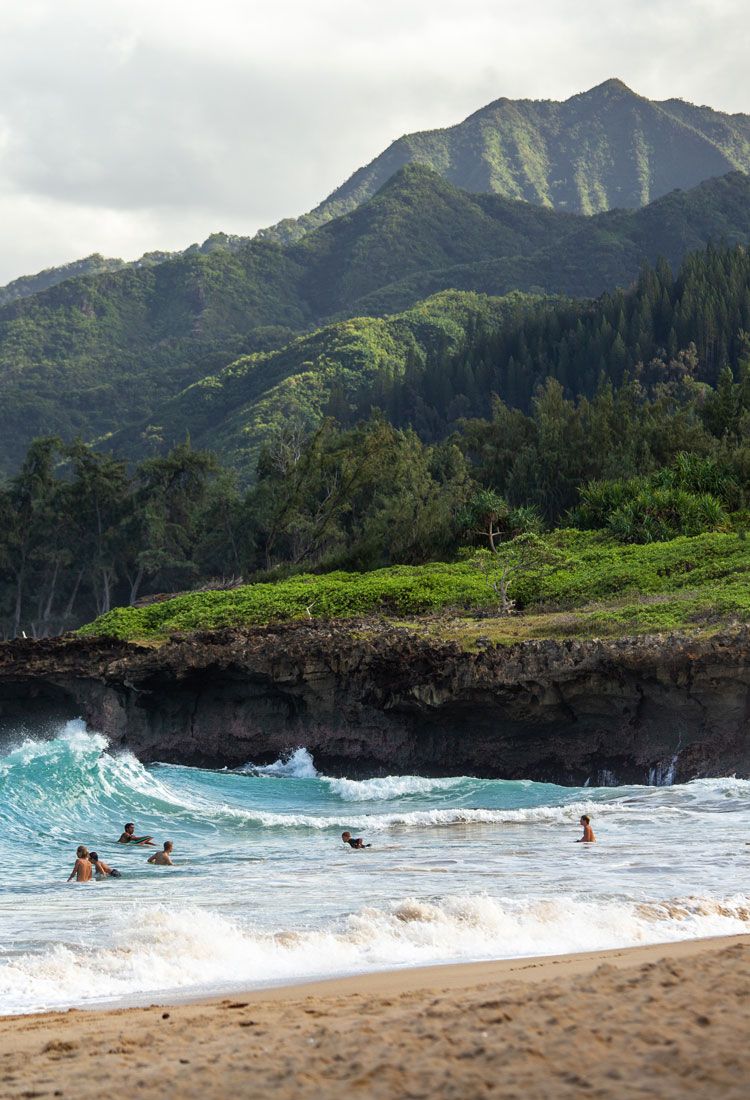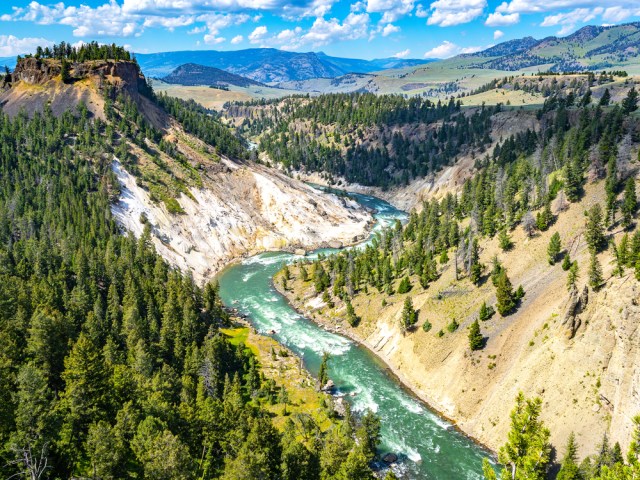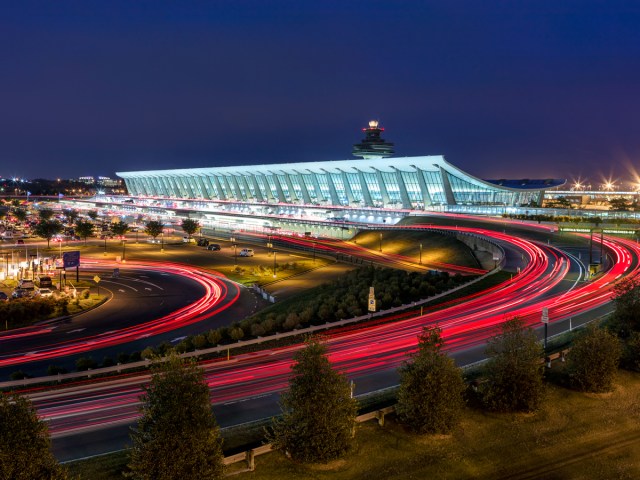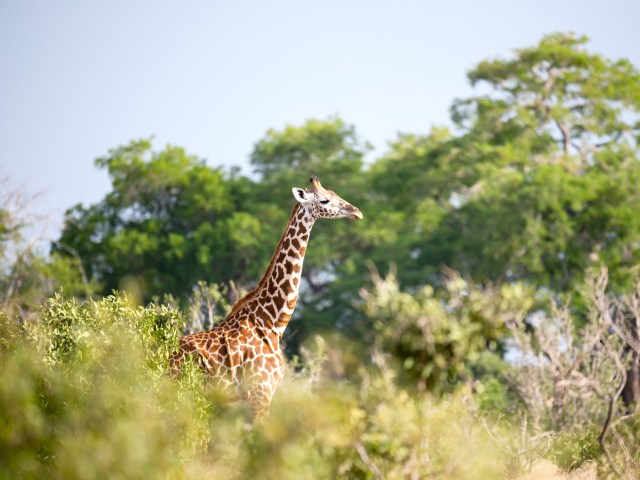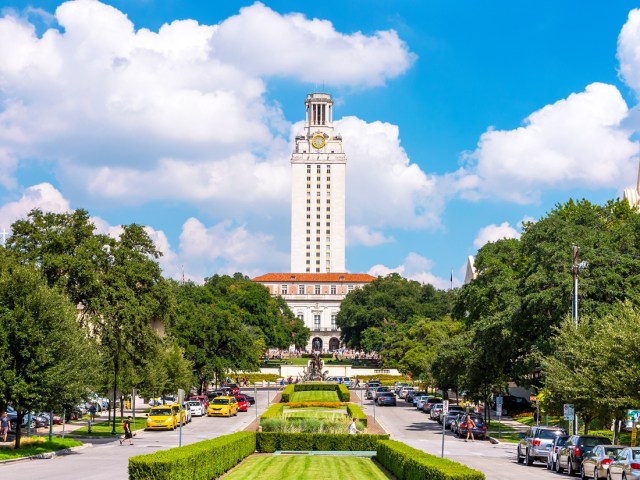There’s nothing boring or predictable about the United States — including even the names of the 50 states themselves, and their origins. One name means “vegetation gatherers,” while another translates to “the sleepy ones,” and a third refers to a fantasy novel from the sixteenth century. Why do we call some states what we do? Here are eight states with particularly surprising names.
Virginia: “Virgin Queen”
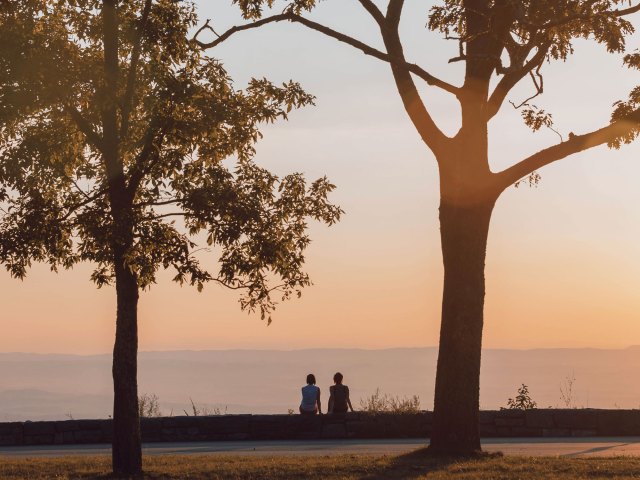
Many people don’t realize that a large portion of North America was named Virginia before it was divided into separate English colonies. In the 1500s, Sir Walter Raleigh named the entire swath of uncharted land between Newfoundland and Florida after the reigning monarch in England at the time, Queen Elizabeth I. Queen Elizabeth I never married and was known as the “Virgin Queen.” Popular legend has it that she was wary of marriage — especially after her mercurial father, King Henry VIII, had Elizabeth’s own mother executed. As time progressed and the colonial population in North America increased, colonies were formed. The colony of Virginia later became the 10th state in 1788.
Alabama: “Vegetation Gatherers”
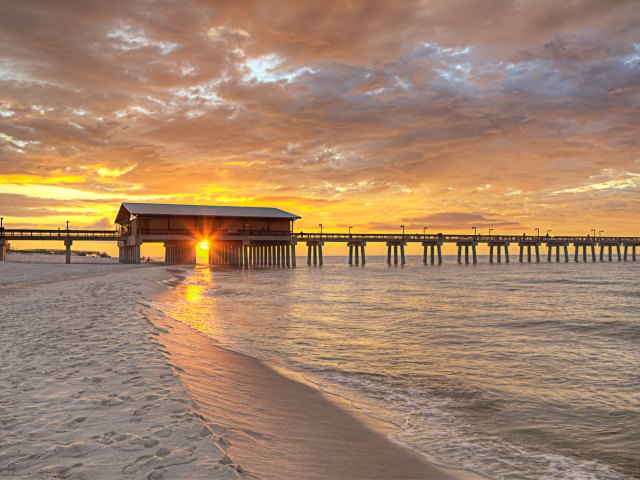
Spanish explorer Hernando DeSoto included information about the Alibamu or Alibamo Indian tribe in his personal journals as early as 1540. It’s believed that the name Alabama is a compound of two words: “alba” (vegetation) and “amo” (gatherers). This Choctaw tribe did indeed cultivate much of what is now known as our 22nd state. Interestingly, agriculture is still a major part of Alabama’s economy today.
Missouri: “People of the Big Canoes”
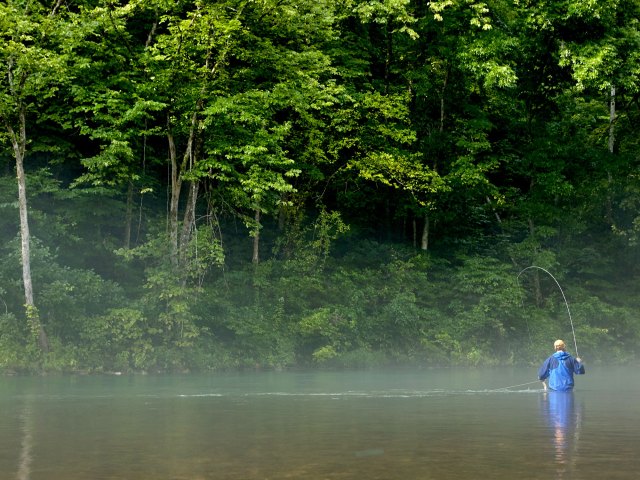
Why did we start calling the 24th state, Missouri? Its name came from the word “ouemessourita,” which references the skillfully crafted dugout canoes the Missouri Native American tribe was famous for making. Today, some linguists translate “ouemessourita” to “dugout canoe,” while others prefer “people of the big canoes.” With a heritage embedded in boating, you can be sure Missouri’s lakes and rivers are perfect for all sorts of water sports.
Michigan: “Big Lake”
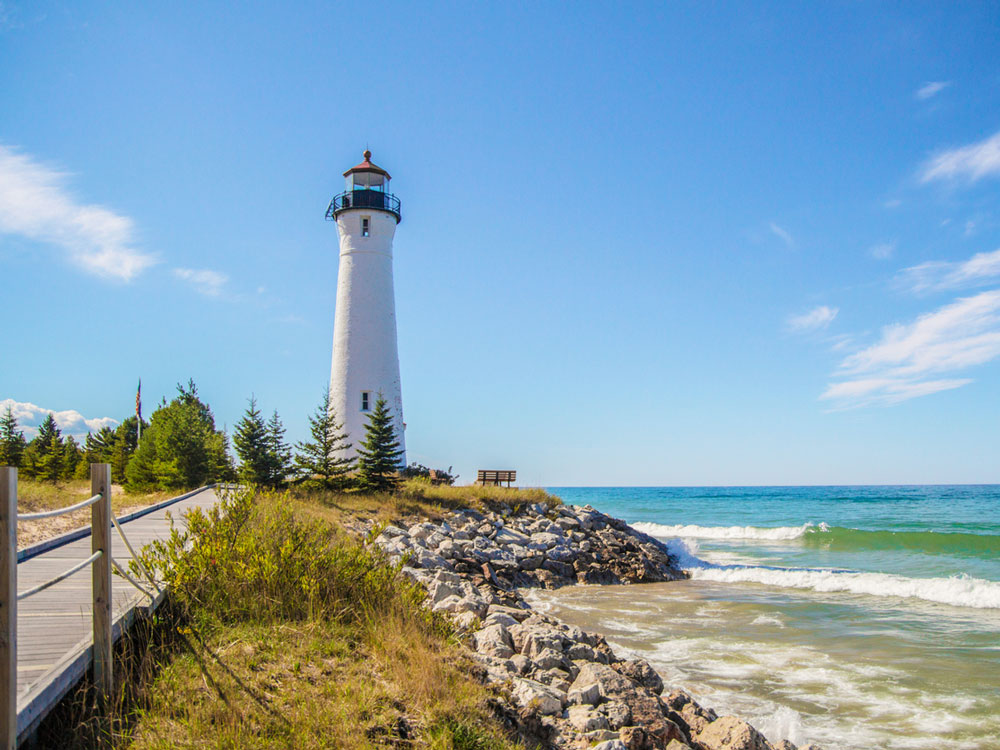
Michigan is another state that draws its inspiration from the abundance of water in the state. It comes from a translation of the Algonquin term “michi-gama,” which means “big lake,” supposedly a reference to Lake Superior. Fitting, since Michigan borders four of the five Great Lakes. (Lake Ontario is the odd lake out.)
Iowa: “The Sleepy Ones”
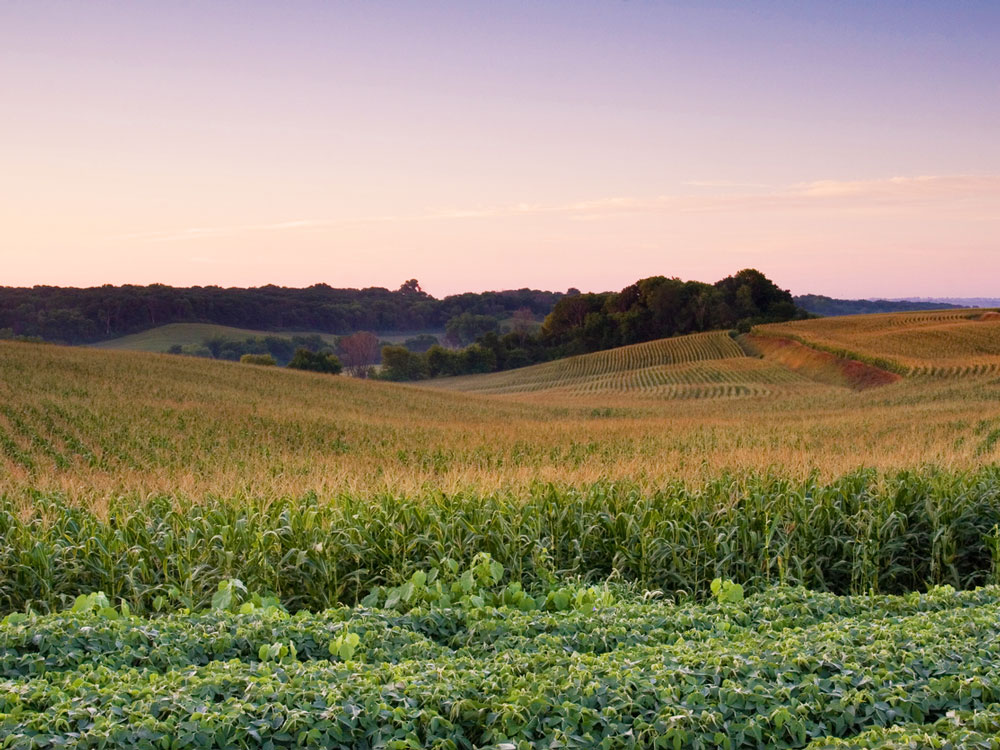
In 1893, a man named Peter Melendy claimed that the name Iowa meant “beautiful land.” However, historians beg to differ. The Ioway tribe, also known as the Ayuways, lived in Iowa for decades, until the early 1800s, when they were displaced through the Indian Removal Act. “Ayuway” reportedly comes from “Ayuxba,” which is what the Dakota Indians called the tribe. And “Ayuxba” means “sleepy ones.” Some people still debate whether the 29th state should be pronounced “I-uh-wuh” or ” I-uh-way.”
California: A Fictional Island
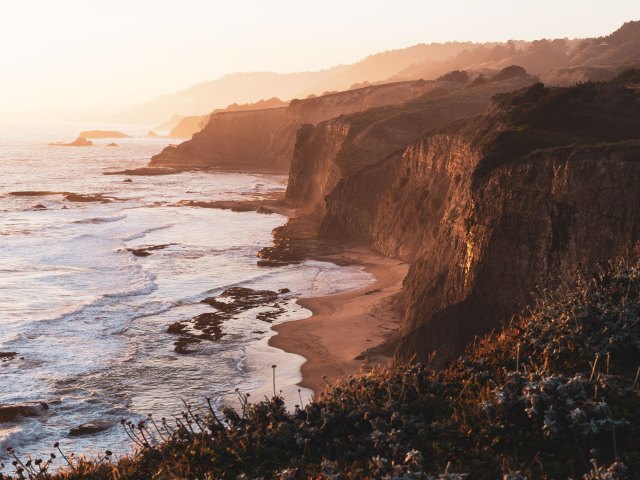
California didn’t become the official 31st state until 1850, but it was most certainly populated before then. In fact, the Spanish had been exploring the state since the early 1500s. Apparently, many California-bound Spaniards had a famous romance novel in mind when they discovered what they thought was an island.
Garcia Ordonez de Montalvo’s “Las Serges de Esplandian” (1510) told of a fictional island ruled by a queen named Calafia. Her dominion was called California and, much like the fictional Amazon island of Themyscira, was inhabited only by women. For whatever reason, Spanish explorers thought that California was a fitting name for their new discovery, and it stuck.
Wyoming: “On the Big Plains”

In the eastern territories, the Algonquin Indians used the word “mecheweami-ing” (on the big plains) to identify their original home in Pennsylvania. White settlers thought the tribe was saying “wyoming.” The name soon became associated with what is now the Wyoming Valley in Pennsylvania.
Later, U.S. Representative James M. Ashley of Ohio suggested that a new western territory be named Wyoming after the beloved Pennsylvania valley where he was born. That said, Ashley reportedly didn’t think the name was suitable after seeing the land in person. Nevertheless, others took his suggestion and ran with it — using it as the official name of the 44th state.
Hawaii: A New Homeland
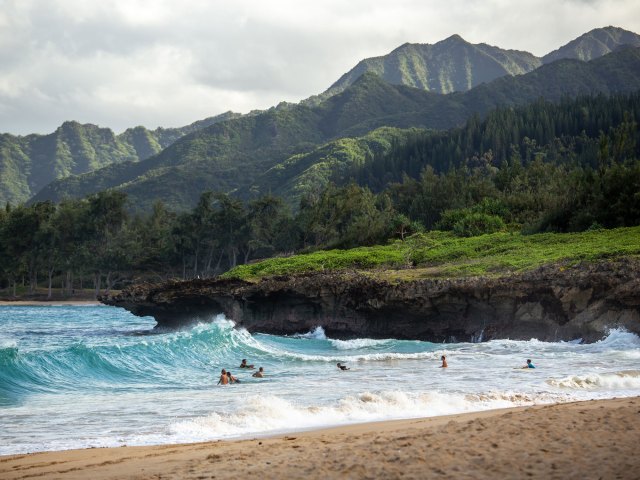
Long ago, a Polynesian of great courage set out on an extensive boating expedition with his crew and found a beautiful island. His name was Hawai’i-loa. As his descendants began to populate the surrounding cluster of islands, he named the newly populated islands after his children and the stars that guided him there.
As time progressed, other explorers discovered the islands and called them by different names. In 1778, Captain James Cook dubbed the islands the “Sandwich Islands,” after his friend, the 4th Earl of Sandwich. While it seems like a humorous name in our modern minds, the name actually remained until 1819, when King Kamehameha I took the throne and christened his kingdom, “Hawai’i.”
There is some debate as to whether Hawaii was named in reference to the hero Hawai’i-loa or to the words “Hawa” and “ii” — meaning a small or new homeland. However, considering Hawai’i-loa’s legendary fame in Hawaiian culture, it’s probably safe to draw the conclusion that the memory of his exploits have immortalized themselves in the name of our 50th and final state.
Featured image credit: Luke McKeown/ Unsplash






